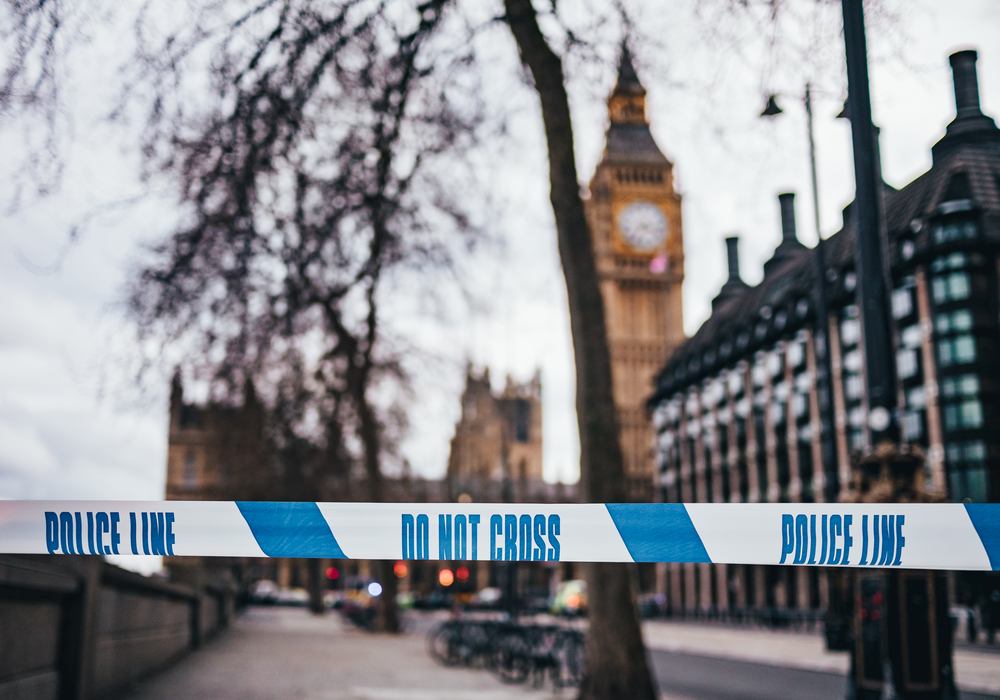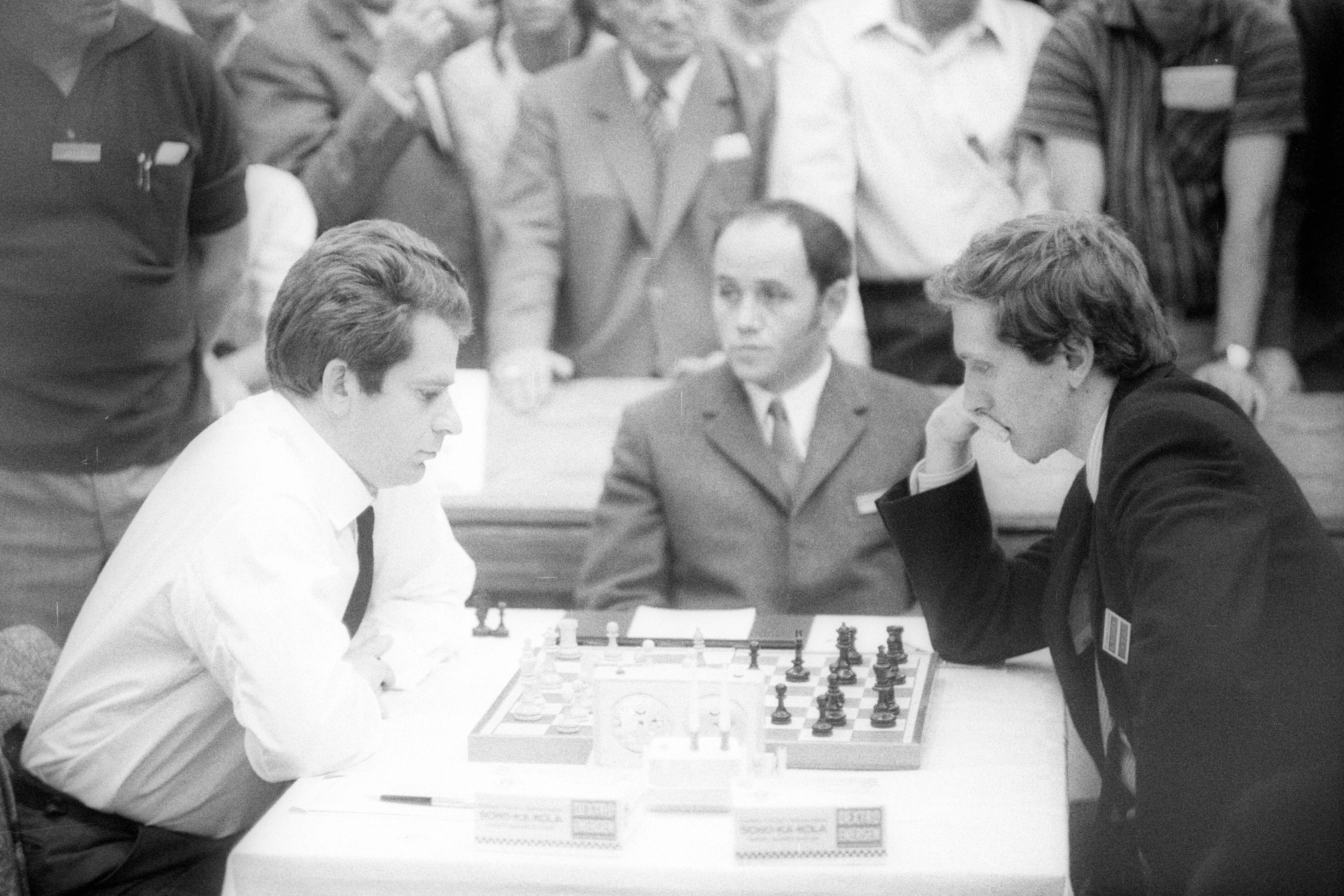
- Select a language for the TTS:
- UK English Female
- UK English Male
- US English Female
- US English Male
- Australian Female
- Australian Male
- Language selected: (auto detect) - EN
Play all audios:
“I will do such things, — what they are, yet I know not,” the king rages in Act II, Scene 4 of _King Lear. _“But they shall be the terrors of the earth.” Just so might the Supreme Leader of
Iran, Ayatollah Khamenei, have vented his fury over the death of his favourite, Qasem Soleimani, at the Islamic Republic’s councils of war. His minions already pose as the terrors of the
earth. But should we be terrified of them? Dire threats have been issued, aircraft and warships dispatched, the oil price has plummeted. Battalions of the world’s media have been preparing
for war. The crowds in Iran have been whipped up into a frenzy by the mullahs. At the general’s funeral, at least 50 mourners were crushed to death. Exactly the same thing had happened at
the funeral of the Ayatollah Khomeini in 1989. On that occasion, eight mourners were killed and in the chaos, the corpse fell out of the coffin. Evidently nobody in the regime thought to
prevent a repetition of such loss of life — or indeed of an appalling and undignified spectacle. This is indeed what Lear calls “hysterica passio”. And now the much-vaunted Iranian missiles
— not unlike the V1 and V2, as Hitler called his “revenge weapons”, or _Vergeltungswaffen — _have been fired at two Allied bases in Iraq. There appear to have been no casualties. “All is
well!” tweeted Donald Trump. “So far, so good!” On the same grim day, a Ukrainian airliner crashed just after taking off from Imam Khomeini airport in Tehran. Most of the 176 passengers,
all of whom were killed, were Iranian. The authorities blame the pilot, but in such a febrile atmosphere this disaster seems quite a coincidence. What really happened? We don’t yet know and,
given the secretive nature of this regime, we may never know. Meanwhile, the world waits to see what both sides will do now. The answer may be: not very much. The President has made his
point, that attacks on Americans never go unpunished, and has no need to escalate the conflict any further. The Iranians have now retaliated, albeit to little effect, but will be wary of
provoking the US. Their appetite for vengeance will not be slaked until blood — preferably American blood — has been shed. But their retribution will probably take a more devious form:
hostage-taking, international terrorism, perhaps assassination. It is pointless to speculate; Iran has proved far more adept at these dark arts than at conventional warfare. We in the West
must rely on the excellence of our organs of national security. Here in Britain, scrutiny has fallen on the Defence Secretary, Ben Wallace. He gave a competent performance at the despatch
box in the Commons this week, but speculation surrounds his past role as chairman of the British-Iran Parliamentary Group from 2006 to 2014. Is the man responsible for our armed forces
“soft” on the Islamic Republic? As against these dubious connections, Wallace is a former Guards officer and served for three years as Minister of State for Security. This background implies
that he is trusted by the intelligence services as well as the military and, presumably, the Prime Minister. We can only hope that their confidence is well-placed. If for any reason
Wallace falls short, Boris Johnson could do worse than to reinstate Penny Mordaunt, who was sacked last July for no reason other than that he wished to reward a supporter in the Tory
leadership contest. She was by all accounts popular at the MoD. If it came to war with Iran, there would be no doubts about her loyalties. Whatever form the confrontation with the Iranians
may take, Britain is awkwardly placed. Despite, or perhaps because of, its appalling record on human rights, terrorism and warmongering, Tehran has considerable influence in China, Russia,
at the UN and, perhaps more surprisingly, among our allies in Europe. Germany and France both enjoy closer economic ties with Iran than the UK. Even so, it was striking that sinister images
of Emmanuel Macron and Angela Merkel in the crosshairs were displayed on the streets of Tehran alongside those of Donald Trump and Binyamin Netanyahu. There is a role for the Prime Minister
as the advocate of a measured response rather than of appeasement. Above all, he has the ear of the President. Iran is the first serious test of his premiership, but if he plays his cards
right, Boris Johnson could emerge from this crisis as the pragmatic but principled leader of Europe.








